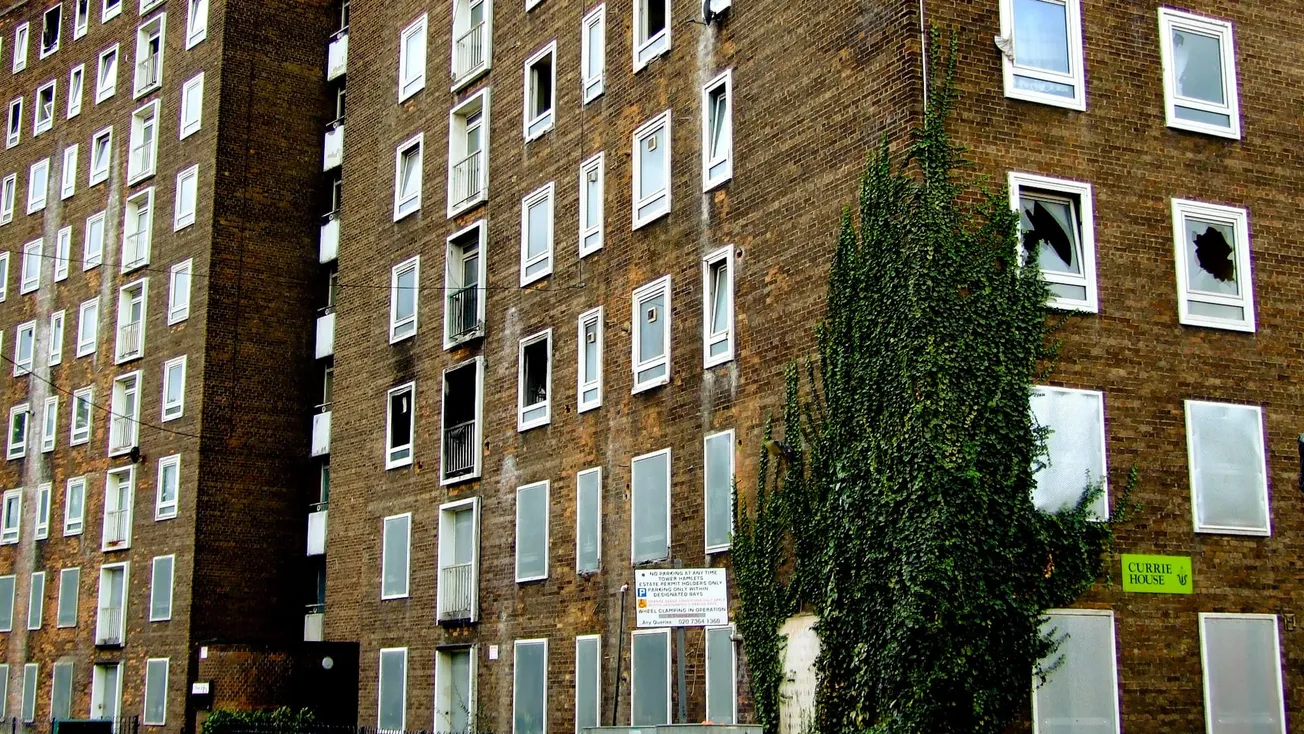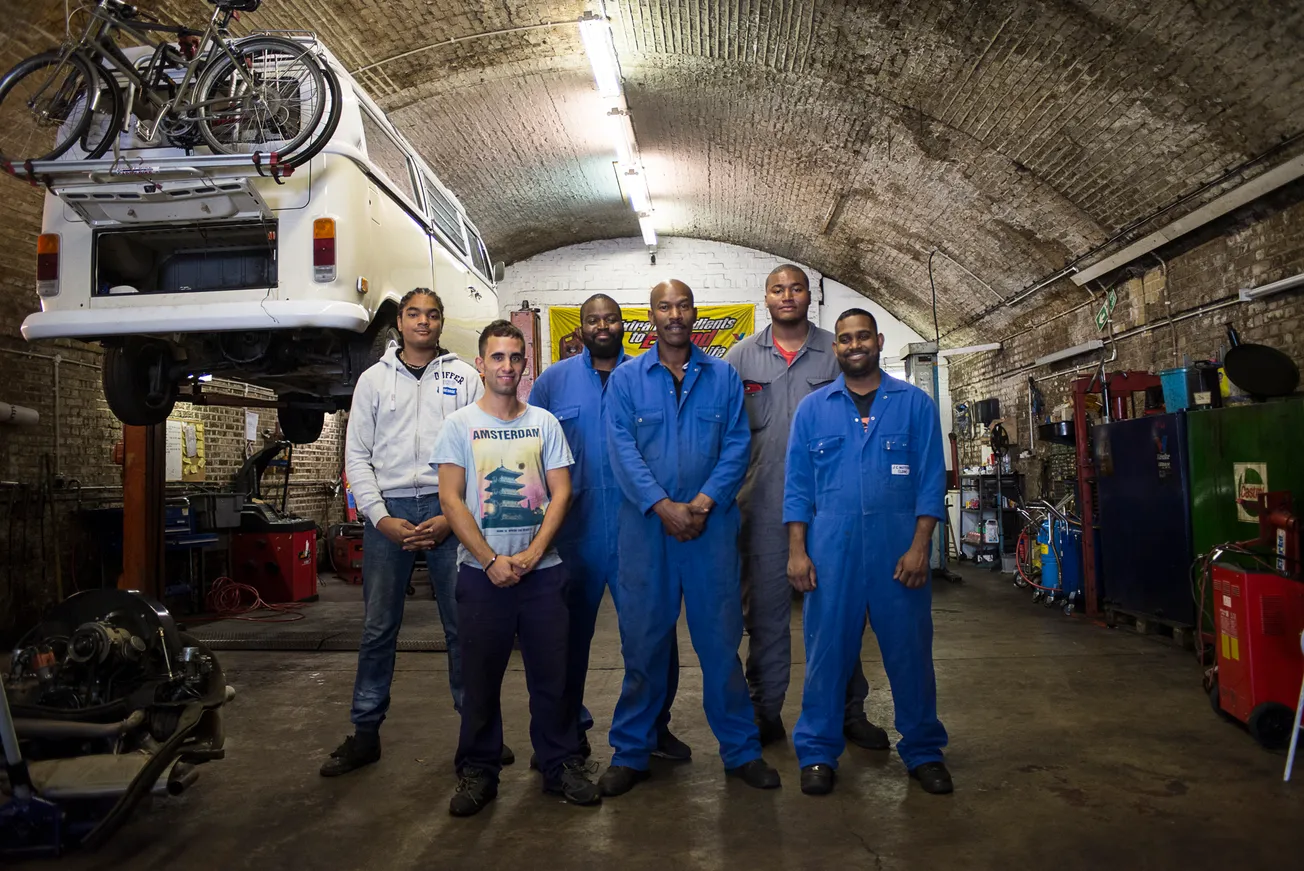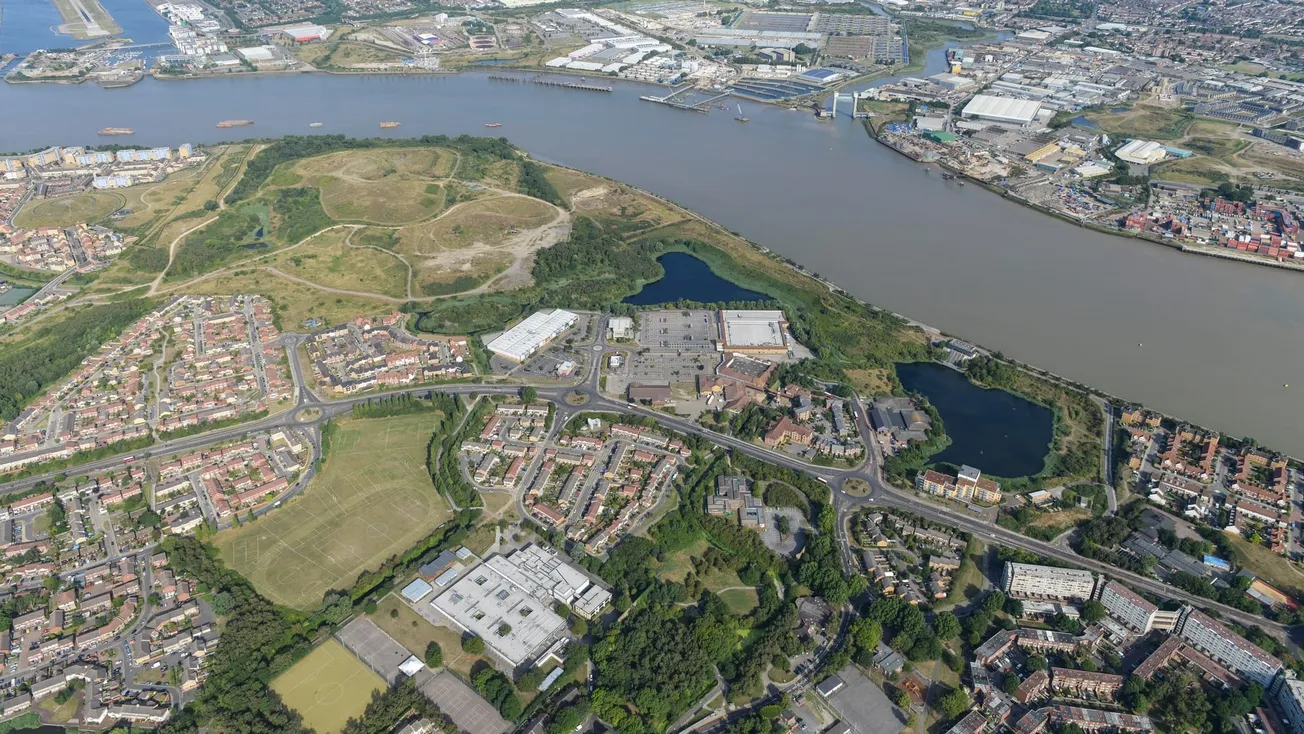Dear Londoners — how was your weekend? I was in Poplar, listening to a talk at the Hope & Anchor by historian Danny Wells about the history of the area, told through the story of a single junk-shop. One of the things I love the most about London is how an hour on public transport gets you somewhere you know next-to nothing about; an entirely new world with its own communities, stories and characters.
I was particularly struck by the tale of Will Crook, the son of a ship's stoker born into poverty who spent part of his youth in the local workhouse, before growing up to become the first Labour mayor for Poplar and then MP for Woolwich. He was committed to his area: integral to the area's dock strikes, to the creation of the Greenwich and Woolwich foot tunnels, and to the reform of the same workhouse he had once lived in. The capital is full of these types of figures; heroes to their communities who are near unknown to those even 5 miles away. Let me know if there's anyone from your neighbourhood that you find particularly compelling in the comments below — I'm always fascinated to find out about this stuff.
In today's Monday briefing, we have a big story for you about which councils are putting the work in to deal with slum landlords, which aren't and why, as well as our pick of the best pubs near Spitalfields, the plans for Highgate Cemetery's renovation and a little something from the archives.
Big story: The London councils who aren’t prosecuting any slum landlords

Topline: Two-thirds of councils in the country have not prosecuted a single slum landlord in the last three years — and several of London’s local authorities are among them, despite the capital’s worsening housing crisis.
Background: Over the weekend, the Guardian reported that two-thirds of councils in England did not prosecute a single landlord in the last three years, despite getting 300,000 complaints from tenants living in unsafe homes. Nationally, only 640 landlords received prosecutions. But we wanted to dig into just how bad the situation is in the capital.
The worst offenders in London: The Guardian piece singled out the local authorities that fall within the constituency of housing secretary Steve Reed: Croydon and Lambeth. In Croydon, the council received 4,461 tenant complaints but failed to prosecute any landlords — and issued just three civil penalty notices, collecting £16,000 in fines. Meanwhile, Lambeth had 3,207 complaints, and just one prosecution in three years.
But after some digging, we discovered a lot more councils in the capital failed to get a single landlord prosecution, including: Bexley, the City of London, Ealing, Greenwich, Hackney, Haringey, Hounslow, Kingston, Lewisham, Richmond, Sutton and Wandsworth. Given the capital has some of the highest house prices, biggest private rental markets and worst housing conditions in the country, it’s staggering that so little action has been taken.
It’s not all bad: Enfield council, in north London, actually recorded the highest number of prosecutions of any council in the entire country, at 50. Others like Newham (38) and Camden (31) were also among some of the most proactive — for those who read our weekend read, much of the enforcement action taken against notorious landlord Mohamed Rasool was carried out by Camden council.
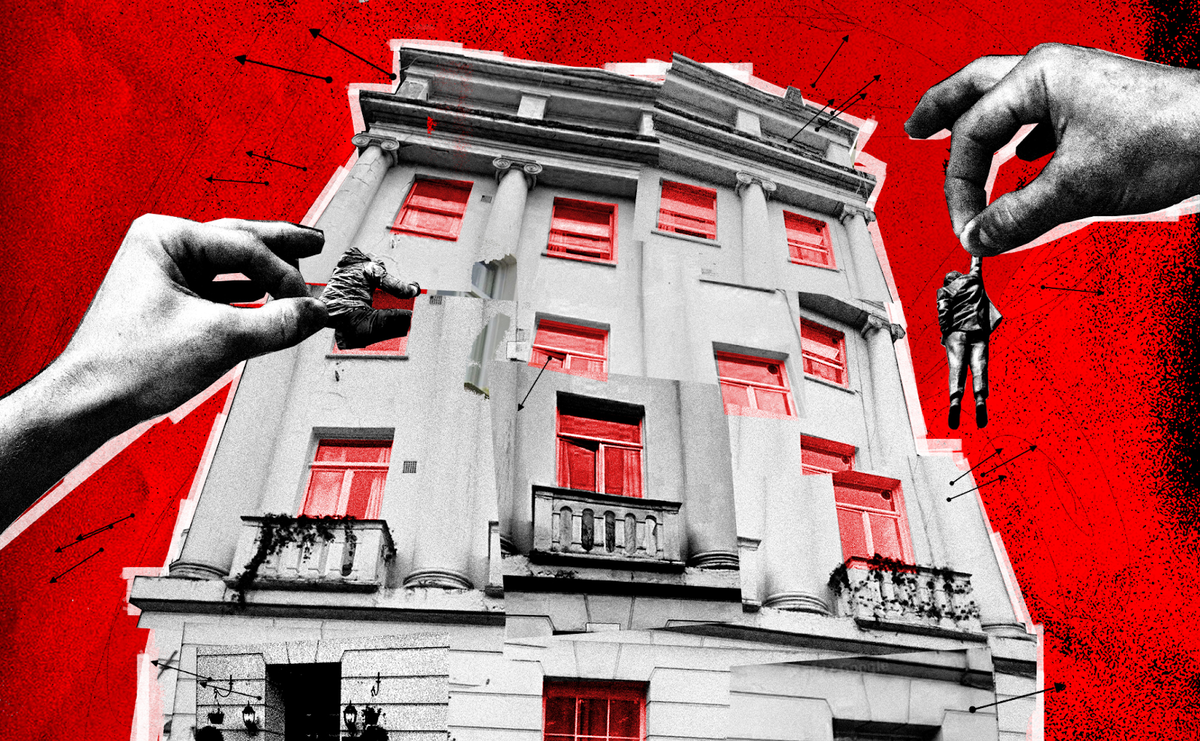
The Londoner exposé: But why is it that so many councils in the capital aren’t enforcing housing standards? One aspect identified by the Guardian was a lack of funding, with Manchester city council’s housing cabinet member calling for extra cash from central government for enforcement. But more specifically, it’s the fact there’s no-one left to do the enforcing, which we delved into in a piece from housing expert Peter Apps back in June.
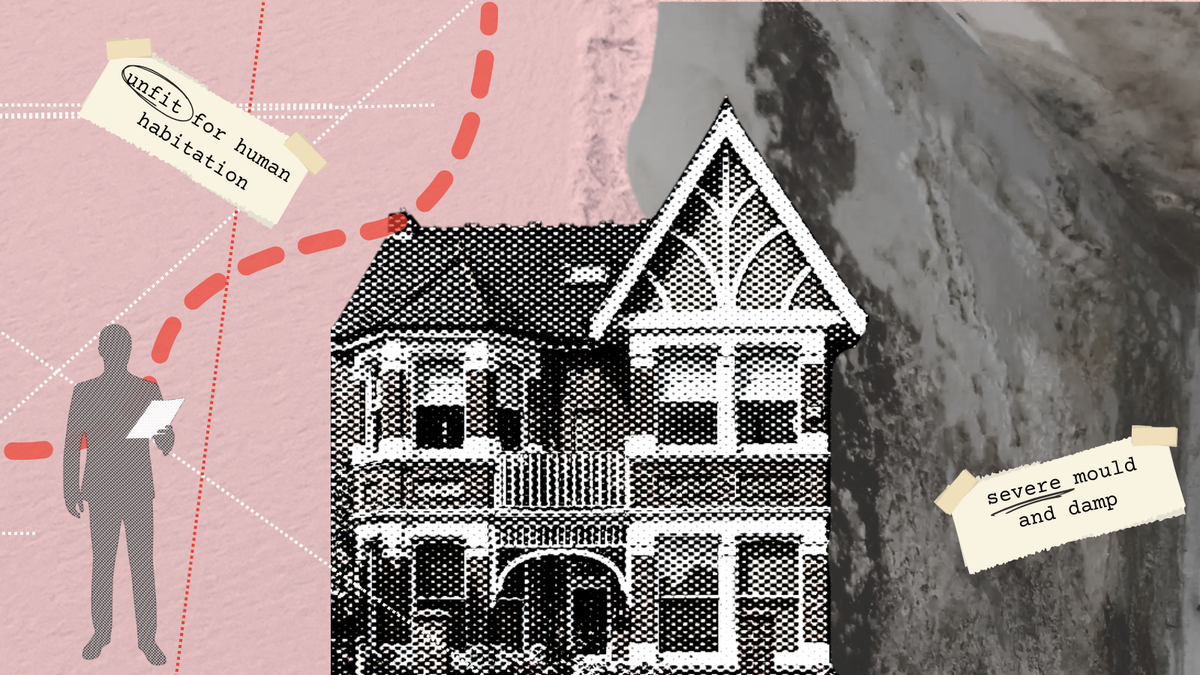
Our findings: In that piece, we found that, across the capital, local councils employ just one environmental health officer (EHO) — the people in charge of doing the investigation and enforcing of housing standards — per 7,566 rental homes. Officers working at London boroughs told us that standards in rented housing have been “wiped out” by cuts.
As one anonymous staffer put it: “A lot of boroughs will just send an advisory letter to the landlord, because they don’t have the resources to actually enforce the law. I know from meetings with colleagues at other boroughs that there are places where they haven’t issued a civil penalty notice [which leads to fines or other sanctions] for two years or more, because they just don’t have the staff. They’re just firefighting and trying to survive each day.”
Your news briefing
🚲 The area between the Southbank and the Strand has become one of the capital’s main hotspots for bike thefts, followed by Shoreditch, Hammersmith, Vauxhall, Brixton and Paddington. The riverside districts — home to Waterloo station, the National Theatre and Somerset House — saw some 27 bike thefts in September, according to Stolen Ride, which collates police reports of stolen bikes in the capital. The proximity of many of the hot spots to major train and Tube stations comes as the British Transport Police announced last month that it would no longer investigate bike thefts outside stations if the bike had been left for longer than two hours, leading to accusations the force was “decriminalising bike theft”.
🌹 All is not well at Camden council, according to the most recent newsletter from the Camden New Journal. Not only are they taking a constant battering from the Telegraph, which has begun slapping “Keir Starmer’s local council” on any hyperlocal dispute, but now the incumbent Labour administration is preparing for a routing at the local elections. In what may be the most telling reflection of the party’s own expectations for the elections next May, Camden council leader Richard Olszewski is reportedly set to vacate his seat in West Hampstead’s Fortune Green, as it’s seen to be at high risk of falling to the Liberal Democrats.
🪦 A new £18m refurbishment plan for Highgate Cemetery that will see it getting resurfaced walkways, restored monuments and six new buildings, including a café and education centre has been given approval by Camden council, reports Time Out. The only kicker? The plans will take 25 years to complete, so don’t expect any big changes to the 19th century cemetery any time soon.

🍽️ Iconic City restaurant Simpson’s Tavern, which closed after a dispute with landlords in 2022, has announced that it’s reopening next year with the team behind Cloth in Smithfield. The Cornhill chophouse opened in 1757, and was frequented by Dickens and Thackeray. The only catch is that it won’t retain its historic name, due to “legal complications”, and instead will be called Cloth at Cornhill. It’s been a good year for once-dead London restaurants: the confusingly similarly named Simpson’s in the Strand is also springing back to life next year.
Got a story for us to look into? Let us know using the anonymous form below or email our editor.
In case you missed it…
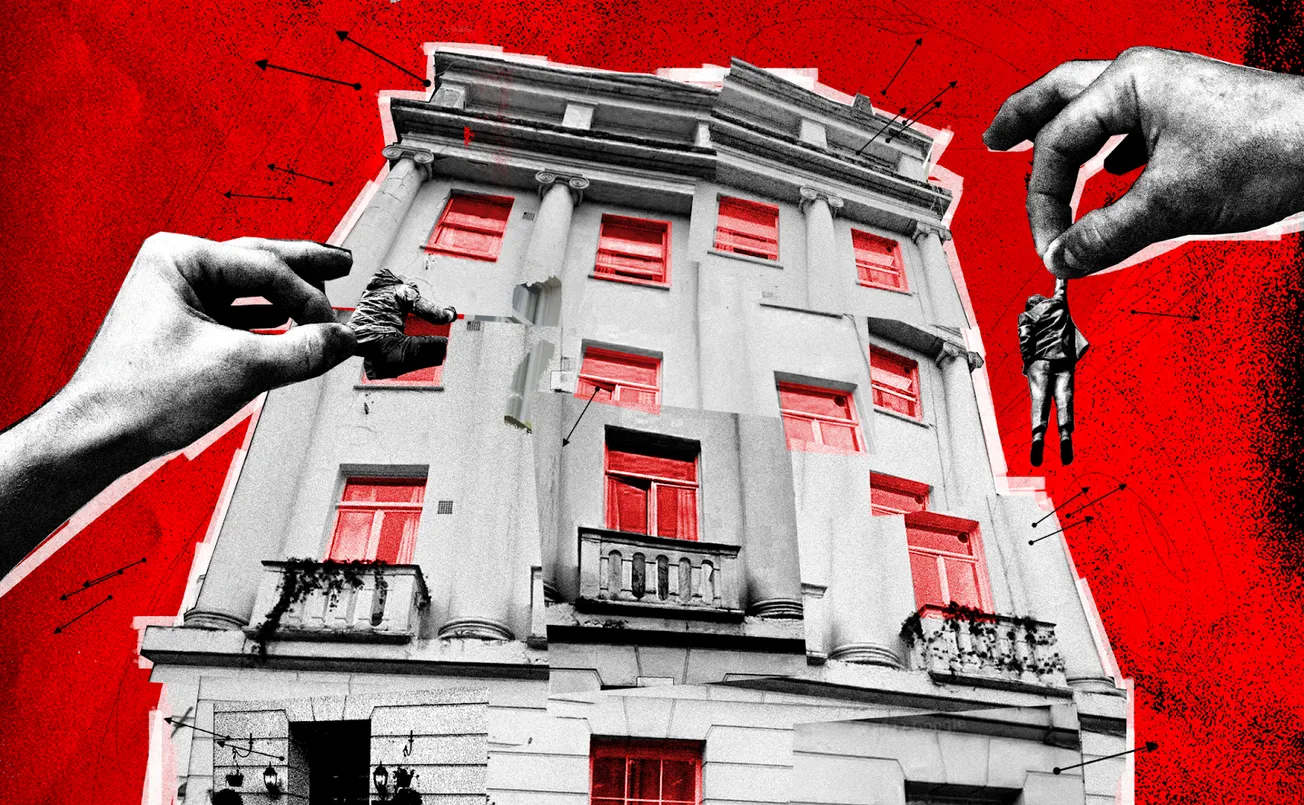
- He's been jailed, banned from being a landlord and one of his cramped homes (almost) received an all-time record fine after inspectors found mushrooms on the walls and tenants using camping stoves to cook. On Saturday we ran an investigation into Mohamed Rasool, one of London’s most notorious landlords.
- On Friday, we went inside London’s growing movement of cult cinemas to find out how in an era of closing multiplexes, tiny rep cinemas airing niche cinema have won over the capital’s hearts.
- On Wednesday, we visited the London Pickle Festival, the viral celebration of all things briny or vinegary that each year fills a pub and its backstreet in Deptford with a horde of enthusiasts.
Welcome to The Londoner, a brand-new magazine all about the capital. Sign up to our mailing list to get two completely free editions of The Londoner every week: a Monday briefing like this one, full of everything you need to know about that’s going on in the city; and a high-quality, in-depth weekend long-read.
No ads, no gimmicks: just click the button below and get our unique brand of local journalism straight to your inbox.
One perfect pub
With endless offerings and non-stop openings, we all know that deciding where to drink in the capital can be fraught. We want to make it easy — so every week we’ll give you our insider guide to the city’s best spots.

Brick Lane is a strange place. Despite all the old buildings being kept intact, the swathes of tourists descending for weekend vintage sales and upended markets gives the area a strange feel. Indeed, maybe one of the most infamous cases of gentrification in the capital’s history occurred on the street back in 2014 when the “cereal killer” cafe opened its doors (before closing six years later). And that’s what makes the Pride of Spittalfields so odd: a distinctly unchanged historic pub boasting very little room between its red carpets and cushioned seats. Everything about it is a rejection of basic market logic in areas like Brick Lane (it’s tiny, historic, relatively cheap and has an ageing interior) and yet it's invariably rammed. Next time you need to escape an indie vintage market selling charity shop tat for a 8000% mark-up or a crowd on a tour of the area’s graffiti, head over and enjoy a street-side pint (and read our piece on the area’s Jack the Ripper tourist industrial complex while you drink).
Our favourite reads
‘I’d run down the road thinking I was God’: a day at the cannabis psychosis clinic — Emily Retter, The Guardian
The Guardian spent a day at a cutting-edge cannabis-induced psychosis clinic in London, trying to change the way we both see and deal with the increasingly potent drug. It’s rare to see reporters get such intimate access to these types of harm prevention drug services.
How London’s penguins got political — Rachel Cunliffe, The New Statesman.
You’re probably sick of hearing about the London Aquarium penguins and the campaign to free them at this point. But since our deep-dive on the situation back in May, the issue has gone viral and led to a campaign fronted by 75 MPs. Now, the New Statesman has done a feature on how things ended up here.
To Do List
- The temperature is dropping, and it's the perfect time to bundle up inside a cinema. For all the Francois Truffaut obsessives out there, it’s the French Film Festival in London this week, mostly airing at the Institut Français' swanky Ciné Lumière in South Kensington. Tickets here.
- The National Archives has launched a new free exhibition at its gorgeous art deco office in Kew. M15: Official Secrets is the first public display on the spy agency, featuring original case files, photographs and papers, alongside the real equipment used by spies and spy-catchers. More info here.

From the archive
If you’re desperate to have an existential crisis about city living today, check out this BBC interview with Kit Pedler who describes finding unsafe levels of air and noise pollution all the way back in 1971. The man famous for inventing Dr Who’s Cyber Men went on to suggest it was as if “a new species — a sort of 'Man of the city' — who is an adapted creature and already, in my view, slightly dehumanised”...
If you enjoyed this briefing and want to be sent more in-depth reads on rarely-seen corners of the city, why not join up as a Londoner member today? This means you'll get Monday briefings like this one, as well as weekend long reads like our piece profiling the capital's early birds commuters, all delivered straight to your inbox.
No ads, no gimmicks: just click the button below and get two high-quality pieces of local journalism each week, all for free.
If you’d like to sponsor editions of The Londoner and reach over 20,000 readers, you can get in touch or visit our advertising page below


